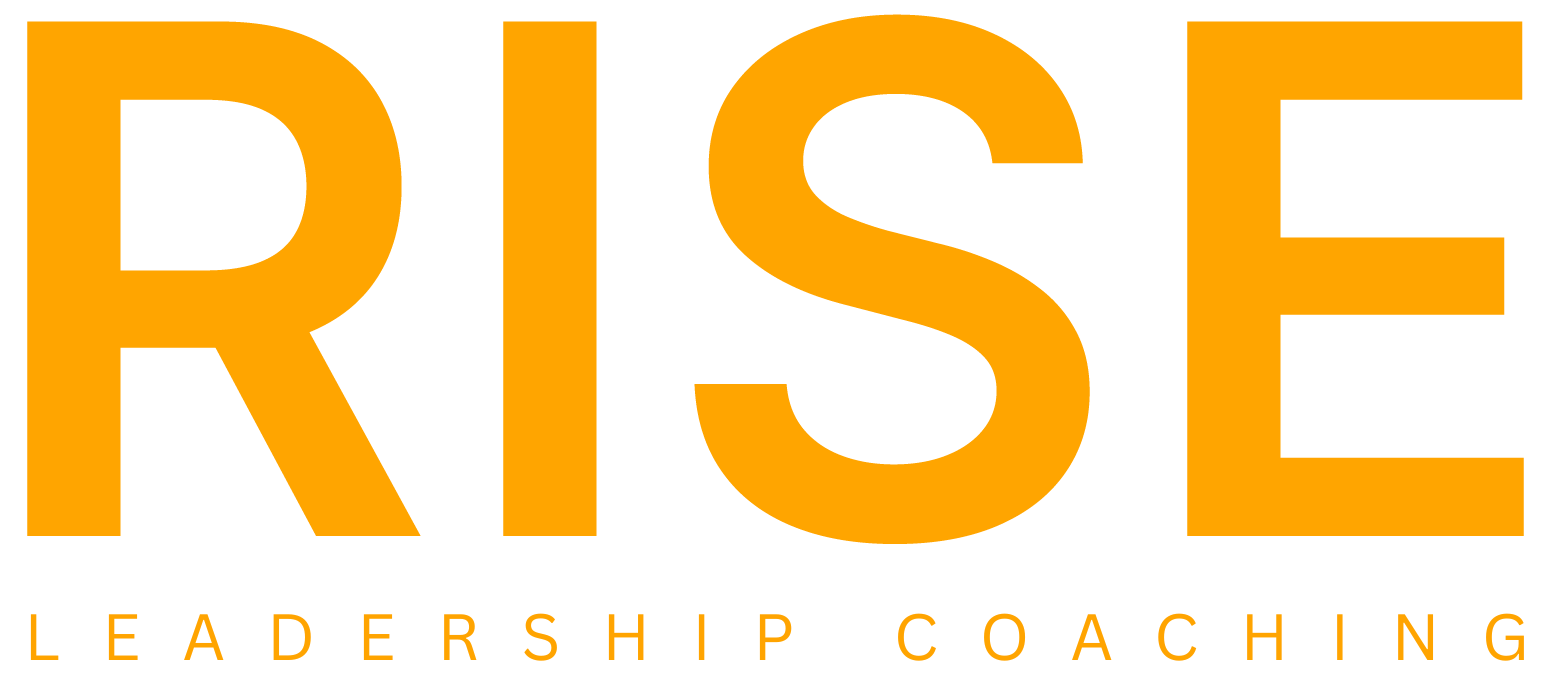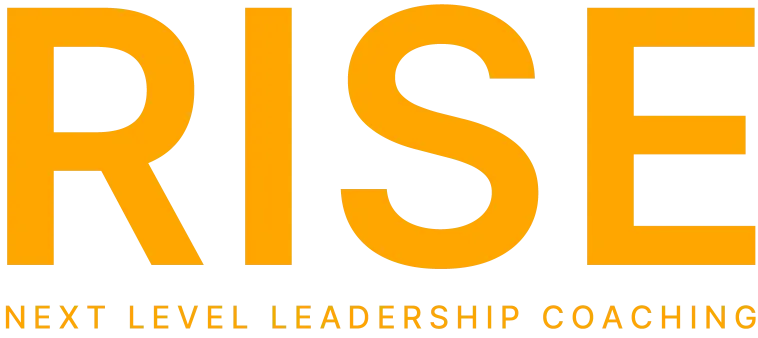Why Top Performers Burn Out in Broken Workplaces
When high achievers start feeling drained, disengaged or question their capabilities, they often internalize the problem: “Is it me?”
Yet, much of the evidence suggests that the root cause frequently lies not within the individual but within the workplace culture. Recognizing this distinction can be the difference between staying stuck and giving yourself permission to change what’s breaking you.
You can’t thrive when you’re just trying to survive.
The Data Doesn’t Lie: Toxic Cultures Drive Attrition
Contrary to popular belief, inadequate compensation isn’t the primary reason employees leave their jobs.
McKinsey’s research reveals that toxic workplace behavior is the most significant predictor of employee burnout and intention to leave, making toxic behaviour ten times more likely to drive people out the door than low pay.
Gallup’s findings indicate that toxic workplaces can lead to an increase in turnover rates. Gallup’s State of the Global Workplace Report 2024 highlights that only 23% of employees worldwide are engaged at work, while 59% are “quiet quitting” (not engaged) due to factors like culture and wellbeing.
The World Health Organization (WHO) has recognized burnout as an “occupational phenomenon,” characterized by:
- Feelings of energy depletion or exhaustion
- Increased mental distance from one’s job, or feelings of negativism or cynicism related to one’s job
- Reduced professional efficacy
These symptoms are not just personal issues but are often responses to chronic workplace stress that has not been successfully managed. And it’s not just a phenomenon, it’s an epidemic.
Why High Performers Are Not Immune
High performers are driven by dedication, resilience, and a strong sense of responsibility. However, these very qualities can make them more susceptible to burnout, especially when their personal values clash with the workplace culture.
Signs that high performers are struggling include:
- Disengagement: A noticeable drop in enthusiasm and involvement.
- Exhaustion: Persistent fatigue that doesn’t improve with rest.
- Inability to disconnect: Difficulty in stepping away from work responsibilities.
- Emotional volatility: Increased irritability or mood swings.
This internal conflict often leads to cognitive dissonance, where the individual’s values and the organization’s practices are misaligned, causing significant stress and dissatisfaction.
Assess, Reset, and Move Forward
Recognizing the signs of burnout is the first step towards positive change. Here’s how professionals can assess their situation:
- Self-Reflection: Ask yourself, “Is this feeling consistent across all roles, or is it specific to this environment?”
- Values Audit: Evaluate whether your core values align with those of your organization.
- Well-being Check: Monitor how work affects your physical and emotional health.
If misalignment is identified, consider:
- Setting Boundaries: Clearly define work hours and responsibilities.
- Seeking Support: Engage with mentors, coaches, or mental health professionals.
- Exploring New Opportunities: If the culture is unlikely to change, it may be time to consider alternative environments that fit better with your values.
Coach Insight: Rebuilding Confidence and Clarity
Burnout doesn’t signify personal failure; it’s often a response to systemic issues. Coaching can provide the tools to figure out this challenging period:
- Values Realignment: Clarify what matters most to you and seek roles that protect those values.
- Work Life Balance: Learn to balance work with recovery to maintain productivity without exhaustion.
- Resilience Building: Develop coping strategies to handle stress and adapt to change effectively.
By focusing on these areas, professionals can rebuild their confidence and gain clarity on their career paths. That’s when things start moving in the right direction.
Here’s what Alyssa, one of our executive coaches, has to say:
“High performers often push through the warning signs because they’re used to carrying the weight of the project, the team, the organisation. But when your values are constantly in conflict with your environment, no amount of grit will save you from burnout. My job as a coach isn’t to ‘fix’ you – it’s to help you see what’s no longer working, and to reconnect you with the kind of work that energises you instead of draining you.” — Alyssa Gioscia, Executive Coach at RISE

Take the First Step
Burnout among top performers is frequently a symptom of a misaligned or toxic workplace culture, not a personal deficiency. Recognizing this can empower professionals to take proactive steps toward recovery and growth.
RISE offers specialized coaching to help professionals assess their current situations, reset their strategies, and move forward with renewed clarity and purpose.
Ready to take the first step? Book a discovery call with a RISE coach today.
Feature Credit: Shutterstock/InsideCreativeHouse







